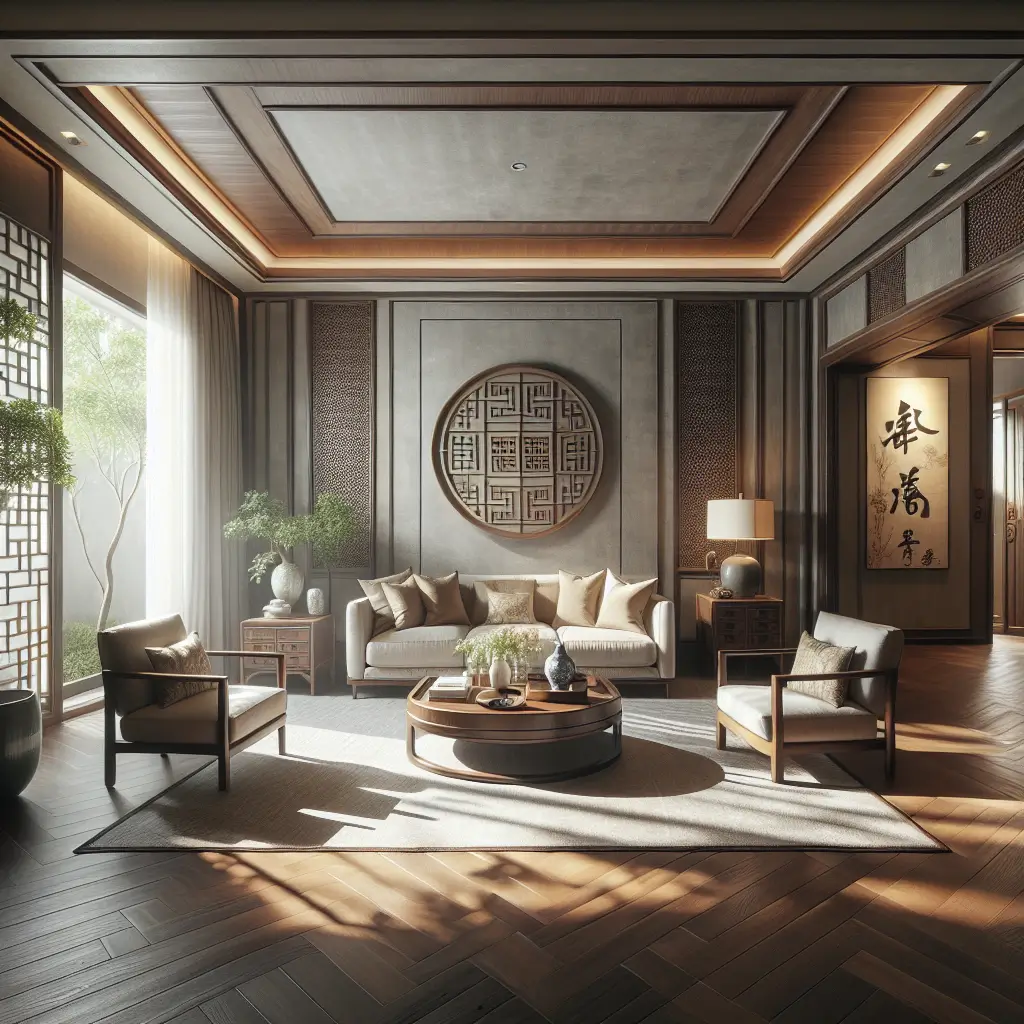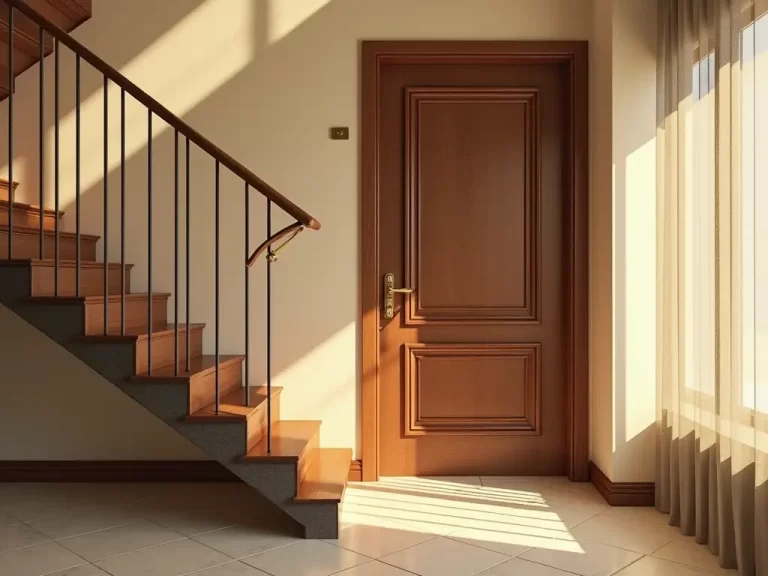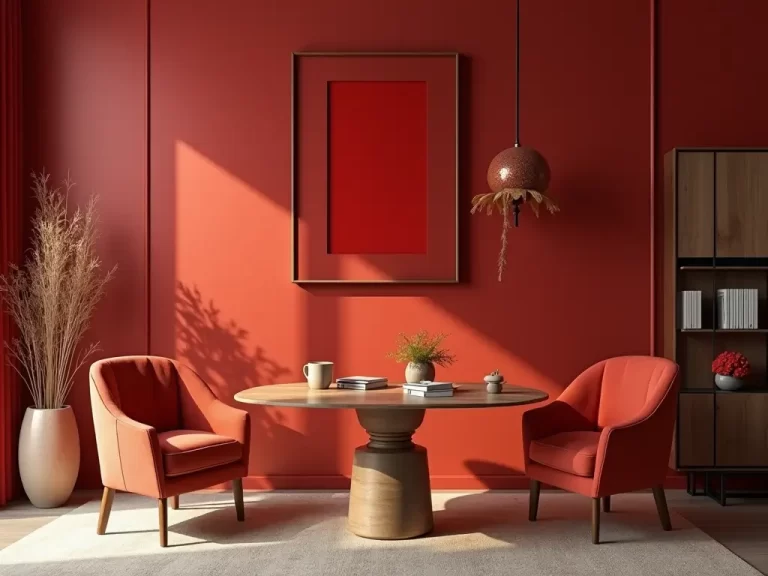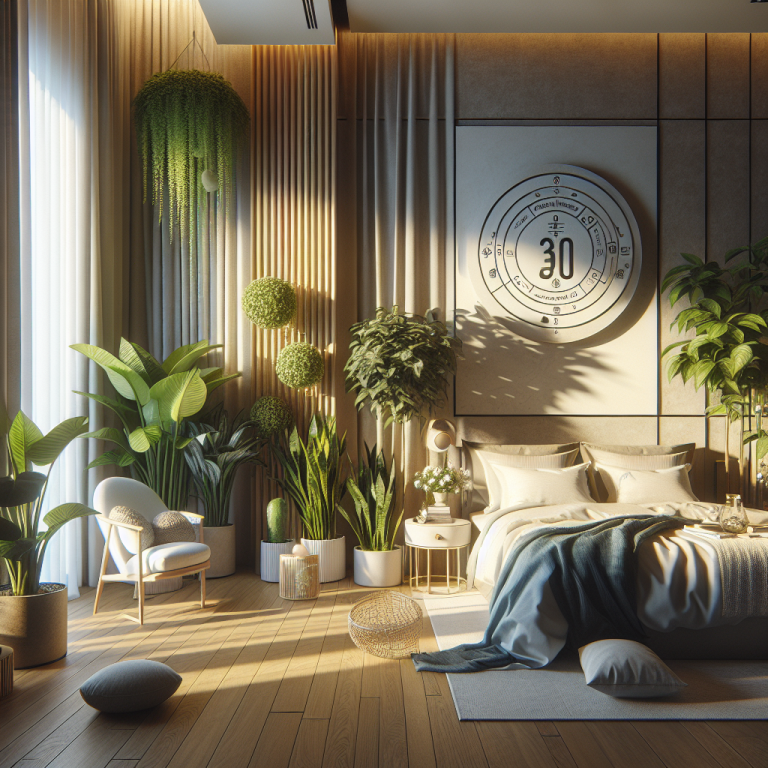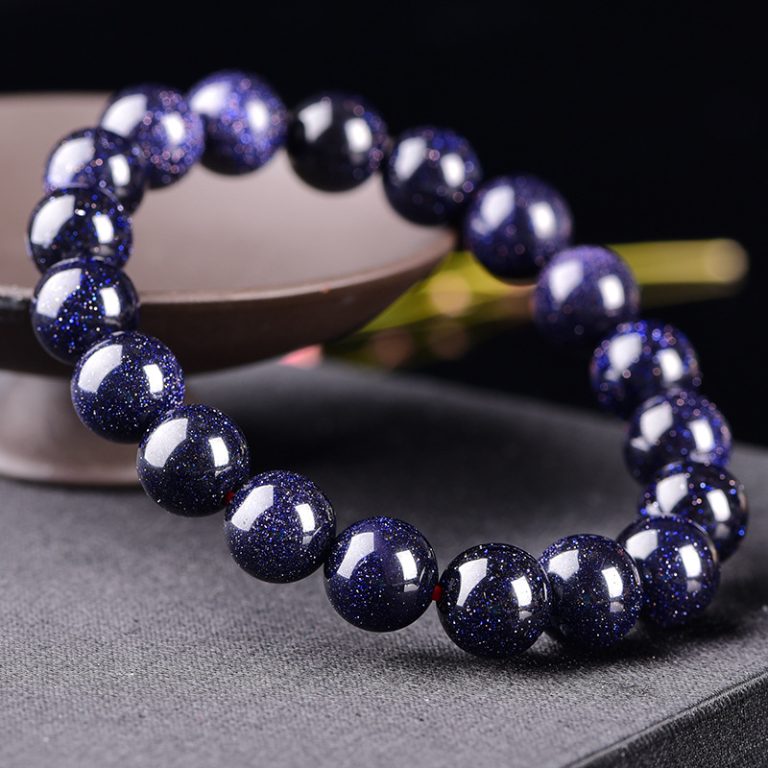Contents
Feng Shui Sofa Placement
In the ancient Chinese art of Feng Shui, the placement of furniture is not just about aesthetics; it’s about creating a harmonious and balanced environment that fosters positive energy and well-being. One of the most critical pieces of furniture in any living room is the sofa, and its placement can significantly impact the energy flow in your home. In this article, we’ll delve into the principles of Feng Shui sofa placement, providing you with practical tips and insights to transform your living room into a sanctuary of peace and tranquility.
The Importance of Feng Shui in Furniture Placement
Feng Shui is based on the belief that everything in the universe is connected and that the arrangement of objects in our environment can influence our lives. The term “Feng Shui” literally means “wind-water,” symbolizing the flow of energy (chi) in our surroundings. By arranging furniture in a way that promotes optimal energy flow, we can create spaces that not only look beautiful but also feel welcoming and nurturing.
Key Principles of Feng Shui Sofa Placement
Command Position: Place your sofa in a command position, which means it should have a clear view of the room’s entrance without being directly in line with the door. This setup allows you to welcome guests and maintain a sense of security.
Solid Backing: Ensure your sofa is backed up to a solid wall. This provides support and stability, preventing feelings of vulnerability and exposure to negative energy.
Avoid Placing Sofas in Front of Windows: Placing a sofa directly in front of a window is discouraged in Feng Shui. This position is believed to weaken the protective energy, leaving occupants feeling exposed to potential harm.
Balance and Symmetry: Create a sense of balance by having matching sofas or chairs on either side of the main couch. Symmetrical seating arrangements promote harmony and balance in the room.
Clear Pathways: Ensure there are clear pathways around the sofa. Avoid clutter or furniture that obstructs the flow of energy, as this can create stagnant energy and a feeling of being trapped.
Tips for Different Rooms
Living Room: Aim for an open and inviting layout. Arrange your couches and seating in a way that encourages interaction and communication among family members. Incorporate both yin (soft, passive) and yang (active, dynamic) elements to create a harmonious atmosphere.
Family Room: Optimize Feng Shui couch placement to foster harmony and connection. Use natural light sources, such as windows or doors, to promote positivity and energy flow in the room.
FAQs
Q: Can I place my sofa in front of a window?
A: No, it’s generally advised against placing a sofa directly in front of a window in Feng Shui. This position is believed to weaken the protective energy and leave occupants feeling exposed.
Q: What is the ideal direction for a sofa to face?
A: The ideal direction for a sofa to face is southwards, as this direction receives the most sunlight, which is thought to provide positive energy in Feng Shui.
Q: How can I balance the energy in my living room?
A: Balance the energy by creating a symmetrical seating arrangement, incorporating natural elements, and ensuring clear pathways around the furniture. This promotes harmony and balance in the room.
Conclusion
Feng Shui sofa placement is not just about aesthetics; it’s about creating a harmonious and balanced environment that fosters positive energy and well-being. By following the principles outlined in this article, you can transform your living room into a sanctuary of peace and tranquility. Remember, the key to achieving good Feng Shui is to create a space that not only looks beautiful but also feels welcoming and nurturing.
Feng Shui Bliss is dedicated to helping you create a harmonious living environment with our spiritual jewelry and accessories. Explore our collection to find the perfect pieces to enhance the positive energy in your home.

